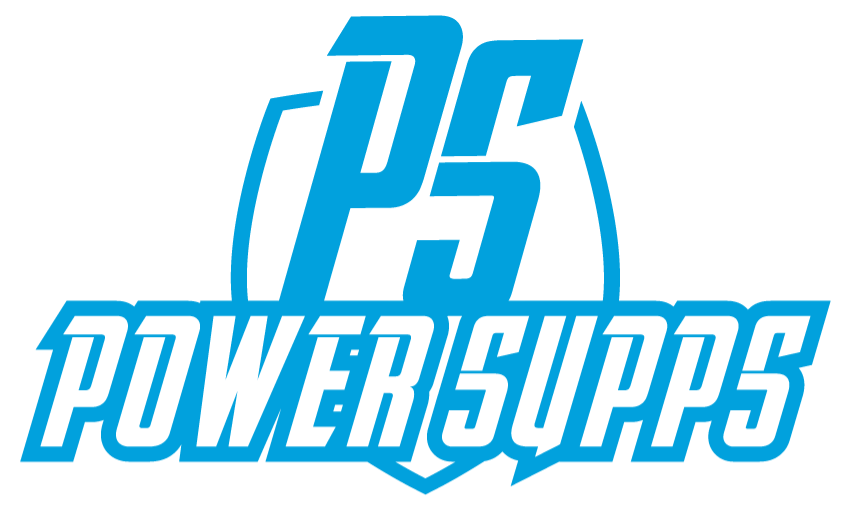Nutrition, Supplements
Can Pre Workout Cause Hair Loss? How to Prevent it!
There’s no denying the surge of energy and focus that a pre workout supplement can provide. But could this gym essential be contributing to hair loss? Let’s dive into the facts.
Is it possible for a pre workout to cause hair loss?
While no direct scientific research links pre-workout and hair loss, some ingredients found in these supplements may contribute to the condition, especially when consumed in large quantities.
What are some pre workout ingredients that may cause hair loss?
The composition of pre-workout ingredients varies from brand to brand, but most contain a mix of amino acids, caffeine, creatine, and other substances designed to boost energy, increase blood flow, and enhance muscle mass.
Creatine
Creatine is a common ingredient found in many workout supplements. It helps increase muscle strength and size, but some sources suggest that it might also increase the levels of Dihydrotestosterone (DHT) (1). This hormone is linked to male pattern baldness, a type of hair thinning and loss.
Vitamin A and E
Some pre-workouts may contain relatively large amounts of these essential vitamins. However, research suggests that in the absence of deficiency, supplementation may actually prove harmful to hair. Over-supplementation of Vitamin A, and Vitamin E, has actually been linked to hair loss by small clinical evidence (2).
Other factors that can cause hair loss
Hair loss isn’t solely caused by what you ingest; several factors can contribute to this condition.
Pre-Workout
- Subpar Nutrition: If you’re not properly fueling up before hitting the gym, your hair might pay the price. Essential nutrients like vitamins, minerals, and proteins are critical for maintaining healthy hair.
- Stress: The ambition to attain specific fitness goals or set new personal records can induce stress, which has been linked to hair loss.
During Workout
- Overtraining: Overdoing it during your workout sessions can cause physical stress, disrupting the natural hair growth cycle and potentially leading to hair loss.
Post-Workout
- Poor Recovery Nutrition: After an intense workout, your body needs quality nutrition to recover. If it doesn’t get it, your hair follicles might lack nourishment, leading to possible hair loss.
- Lack of Sleep: Sleep plays a vital role in your body’s recovery process, including your hair’s health. Regularly missing out on good sleep after demanding workouts can contribute to hair loss.
- Neglecting Hair Care: If you’re not thoroughly cleaning and conditioning your hair post-workout, sweat and dirt can accumulate, potentially damaging your hair and scalp over time.
Remember, these factors are not definitive causes but potential contributors to hair loss. Everyone’s body responds differently to workouts and supplements. It’s always best to consult with a healthcare professional if you’re experiencing hair loss.
What are some tips for helping prevent hair loss while taking a pre workout?
1. Proper Nutrition
Maintaining a balanced diet is a crucial step to reverse hair loss and encourage healthy hair growth. Ensure you’re consuming foods rich in vitamins, minerals, and proteins. These nutrients are essential for hair growth and strength. For instance, iron helps red blood cells carry oxygen to your cells, which includes hair follicles.
2. Stay Hydrated
Water is the lifeblood of your body, including your scalp and hair. Drinking plenty of water helps keep your hair hydrated from the inside out, promoting strength and elasticity. It also keeps your scalp healthy, thereby creating a suitable environment for hair growth.
3. Limit Supplement Intake
Pre-workout supplements can give you a much-needed energy boost, but over-reliance can potentially lead to hair loss. Moderation is key here. Always follow the recommended dosage and take breaks from using these supplements as needed.
4. Check Ingredients
Not all pre-workout supplements are created equal. Some contain ingredients like creatine or high doses of caffeine, which have been linked to hair loss in some people. Always read the label and consider alternatives if necessary.
5. Don’t Overdo It
Exercise is fantastic for your overall health, but pushing yourself too hard can lead to physical stress. This can disrupt the natural cycle of hair growth and shedding, leading to hair loss. Listen to your body and ensure you’re taking rest days when needed.
6. Post-Workout Hair Care
After a sweaty workout, it’s important to wash and condition your hair properly. This helps remove sweat and dirt buildup that could damage your hair and scalp over time. Consider using a gentle, sulphate-free shampoo and a nourishing conditioner to keep your hair healthy.
7. Sleep Well
Sleep isn’t just for recharging your mind—it’s also when your body repairs itself, including your hair follicles. Make sure you’re getting 7-9 hours of quality sleep each night to support overall health and hair growth.
8. Manage Stress
Chronic stress can wreak havoc on your body, including your hair. Techniques such as yoga, meditation, or deep breathing can help manage stress levels, thereby helping to maintain healthy hair.
9. Consult a Professional
If you’ve noticed hair loss since starting a new supplement or workout routine, consult a healthcare professional or a trichologist. They can provide personalised advice based on your specific circumstances.
Can taking a pre workout supplement cause hair loss? Our final wrap up
While certain ingredients in pre workouts could potentially contribute to hair loss, it’s important to remember that several factors usually come into play. If you’re experiencing hair loss, it’s best to consult with a healthcare professional to discuss your symptoms and potential causes.
With the right balance of nutrition, rest, hydration, and stress management, you can continue to enjoy the benefits of your pre workout without compromising the health of your hair.
References:
- van der Merwe, J., Brooks, N. E., & Myburgh, K. H. (2009). Three weeks of creatine monohydrate supplementation affects dihydrotestosterone to testosterone ratio in college-aged rugby players. Clinical journal of sport medicine : official journal of the Canadian Academy of Sport Medicine, 19(5), 399–404. https://doi.org/10.1097/JSM.0b013e3181b8b52f
- Guo EL, Katta R. Diet and hair loss: effects of nutrient deficiency and supplement use. Dermatol Pract Concept. 2017 Jan 31;7(1):1-10. doi: 10.5826/dpc.0701a01. PMID: 28243487; PMCID: PMC5315033.

